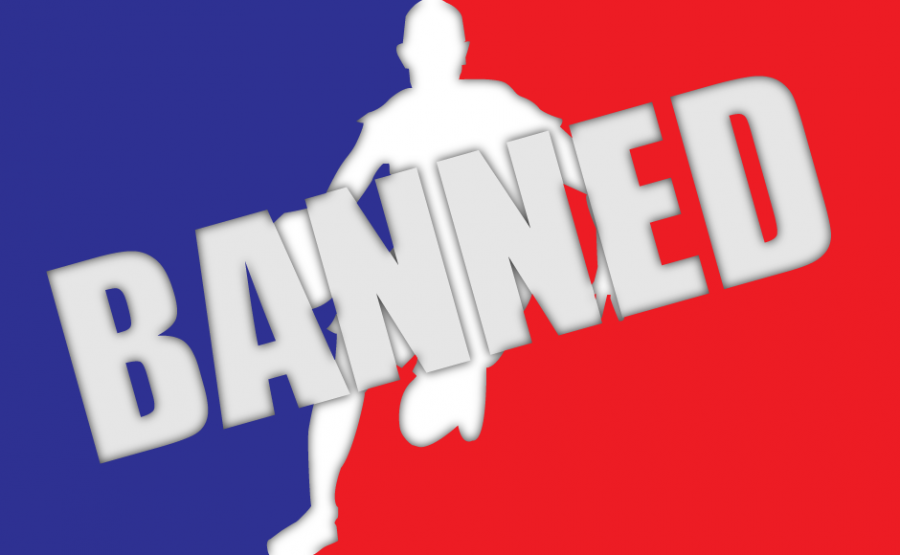Griffin Truslow | Staff Writer
Last Saturday TMZ released audio of what was supposedly the Los Angeles Clippers owner Donald Sterling saying horribly racist things. In the audio recording Sterling says things like, “It bothers me a lot that you want to broadcast that you’re associating with black people” and “You can sleep with [black people]. You can bring them in, you can do whatever you want. The little I ask you is not to promote it on that … and not to bring them to my games”. This isn’t a new mindset Sterling has recently adopted though. Baron Davis who played for the Clippers from 2008-2011 says that Sterling would sit courtside and call Davis a “bastard” and “the devil” during games.
When the story broke the National Basketball Association asked Sterling to not attend the game that Sunday against the Golden State Warriors. As the investigation continued a lot of possible outcomes began to surface. The few that were the most prominent were banning Sterling for life or letting all the players for the Clippers become free agents at the end of the season. As the Clippers took the court in Oracle Arena to face the Warriors that took off their warm up tops to see that they had flipped their under shirts around, so they were logo-less. This was a silent boycott by the Clipper’s players to show their frustration with their owner. The controversy was clearly on the players minds as they went on to lost by 21 points.
Tuesday afternoon newly appointed commissioner Adam Silver banned Sterling for life, fined him 2.5 million dollars, the maximum fine under the new collective bargaining agreement and would encourage him to sell the team. Current and former players, owners of other teams and coaches, welcomed this. I believe this was a better outcome than allowing the Clippers players to become free agents. Of course no one should have to go to work with their boss having that kind of mindset, but if you allowed that to happen who would return to the Clippers? I see this punishment as being similar to the “death penalty” in college football. The death penalty destroyed the football program at Southern Methodist University and would do the same to the Clippers organization.
There is certainly no room for Sterling’s mindset in society and certainly a league, which is comprised of more than 75 percent African Americans. Sterling’s punishment was fair and swift. Now a team, who has had a rough history and is in need of a clear slate, has that opportunity now.
Graphic by Aaron Burns









